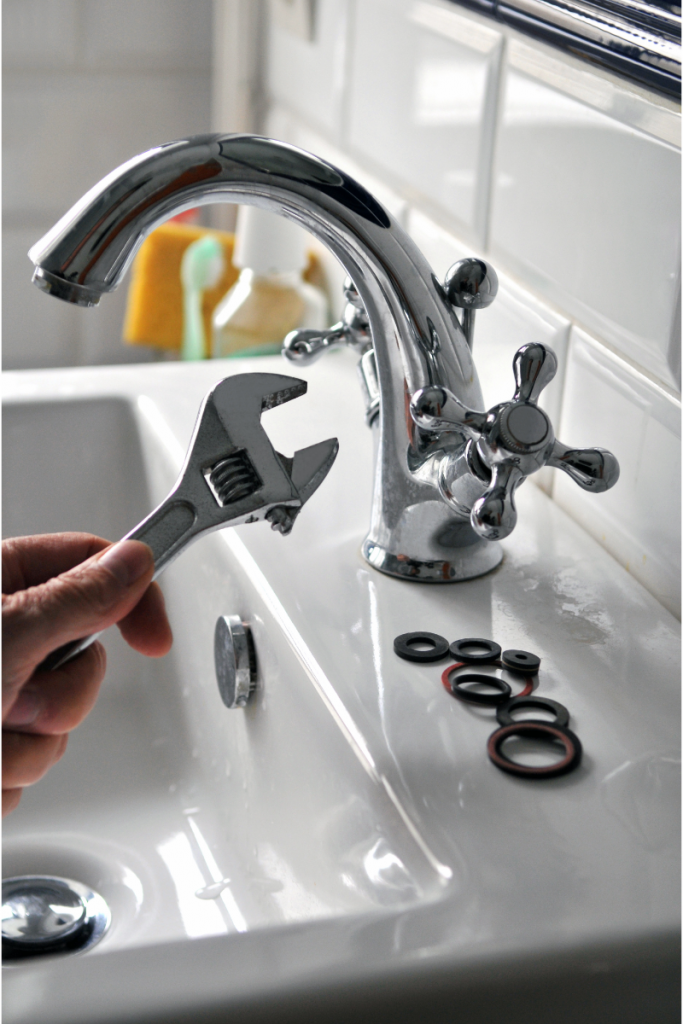Plumbing is an essential part of your home’s infrastructure that provides clean water and disposes of waste. However, plumbing issues can cause significant damage to your property if left unaddressed. In this blog, we’ll cover everything you need to know about general plumbing to keep your home’s plumbing system in tip-top shape.
What is general plumbing?
General plumbing refers to the installation, maintenance, and repair of water supply and drainage systems in your home. This includes pipes, fixtures, and appliances such as toilets, sinks, showers, and washing machines.
Common plumbing problems
Plumbing problems can range from minor leaks to major pipe bursts. Some of the most common plumbing problems that homeowners encounter include:
- Leaky taps, tap washers and pipes
- Clogged drains and toilets
- Low water pressure
- Running toilets
- Water heater issues
- Burst pipes
- Preventive maintenance
Preventive maintenance is the key to keeping your plumbing system in good condition and preventing costly repairs. Here are some simple maintenance tips you can follow:
- Regularly check for leaks: Look for signs of water damage on walls, ceilings, and floors. Also, check for any dripping faucets or pipes.
- Keep drains clear: Avoid pouring grease, oil, or other solids down the drain as they can cause blockages. Use drain screens to catch hair and other debris.
- Test your water pressure: Low water pressure can indicate a leak or clogged pipes. Test your water pressure regularly to detect any problems.
- Inspect your water heater: Check your water heater for leaks, rust, or any other signs of damage. You should also flush your water heater to remove sediment buildup.
- Hire a professional plumber: Regular plumbing inspections by a licensed plumber can help detect and prevent plumbing issues before they become a major problem.
When to call a plumber
While preventive maintenance can prevent most plumbing problems, some issues require the expertise of a licensed plumber. You should call a plumber if you experience any of the following:
- Burst pipes
- Persistent leaks
- Sewer backups
- Low water pressure
- Water heater issues
- Clogged drains that can’t be cleared with a plunger or drain cleaner
Conclusion
Your home’s plumbing system is an essential component that requires proper maintenance and care. Following these simple maintenance tips and knowing when to call a plumber can help you avoid costly repairs and keep your plumbing system in top condition. If you’re experiencing any plumbing issues, don’t hesitate to contact a licensed plumber to address the problem before it gets worse.

